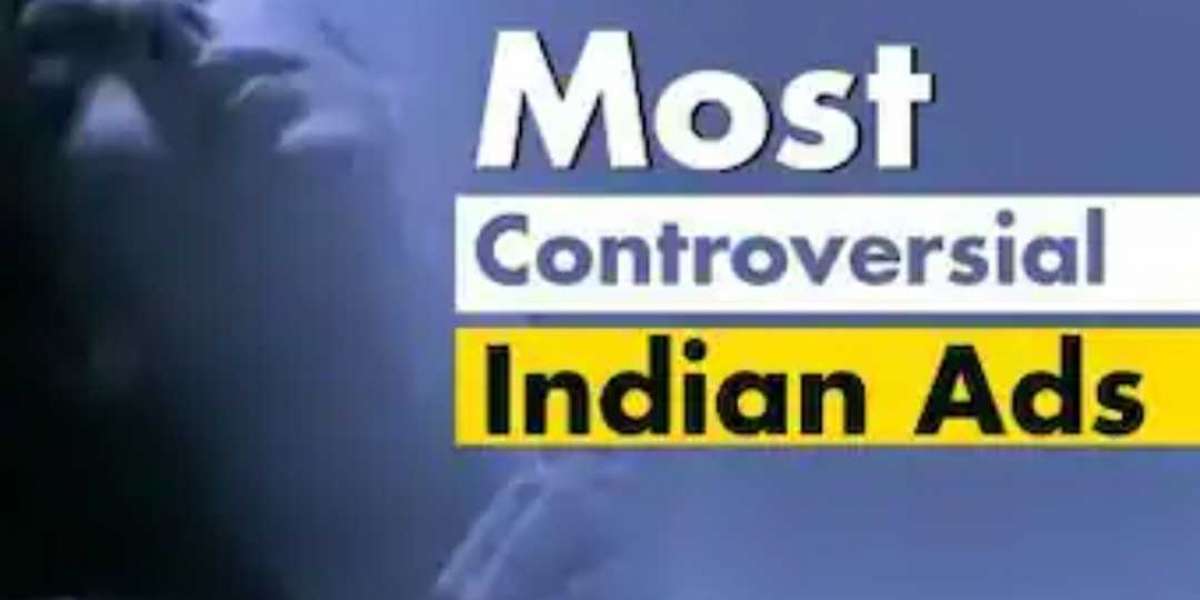In recent weeks, the issue of COVID-19 vaccine mandates has become increasingly controversial. With the rise of the Omicron variant, many governments and private organizations have moved to mandate vaccination for their employees or customers. However, this has been met with resistance from some individuals who view the mandates as an infringement on their personal freedom.
One of the most high-profile examples of this controversy has been the recent decision by the National Basketball Association (NBA) to require all players to be fully vaccinated against COVID-19 in order to participate in games. This decision has led to a backlash from some players, with several refusing to get vaccinated and risking suspension or even termination from their teams.
At the heart of the controversy is the question of individual rights versus public health. While some argue that vaccine mandates are necessary to protect public health and prevent the spread of COVID-19, others believe that individuals should have the right to make their own medical decisions without coercion from the government or private entities.
One of the main arguments against vaccine mandates is that they are not effective in achieving their intended goal. Some opponents argue that vaccinated individuals can still transmit the virus, and that breakthrough infections are becoming increasingly common. They also point to data showing that many people who have been fully vaccinated are still getting sick with COVID-19, although their symptoms are usually milder than in unvaccinated individuals.
Proponents of vaccine mandates, on the other hand, argue that vaccines are the most effective tool we have for controlling the spread of COVID-19. They point to data showing that vaccinated individuals are much less likely to become seriously ill or die from the virus, and that the risk of transmission is greatly reduced in vaccinated individuals. They also argue that vaccine mandates are necessary to protect vulnerable populations, such as the elderly and immunocompromised, who may not be able to get vaccinated themselves.
The controversy over vaccine mandates has also been fueled by political polarization. In the United States, for example, vaccine mandates have become a hot-button issue in the ongoing culture wars between conservatives and progressives. Many on the political right view vaccine mandates as an example of government overreach, while many on the left argue that they are necessary to protect public health and that individual rights must be balanced against the needs of the community as a whole.
In addition to the political dimension of the controversy, there are also concerns about equity and access. Some argue that vaccine mandates disproportionately affect marginalized communities, who may have less access to healthcare or face greater barriers to vaccination. They also point out that vaccine mandates may be more difficult to enforce in certain communities, such as those with high levels of vaccine hesitancy or distrust of government.
Overall, the controversy over COVID-19 vaccine mandates is likely to continue for some time. While many governments and private organizations are moving forward with mandates, the resistance to these policies is also growing. As the pandemic continues to evolve and new variants emerge, it remains to be seen how this controversy will ultimately be resolved.







